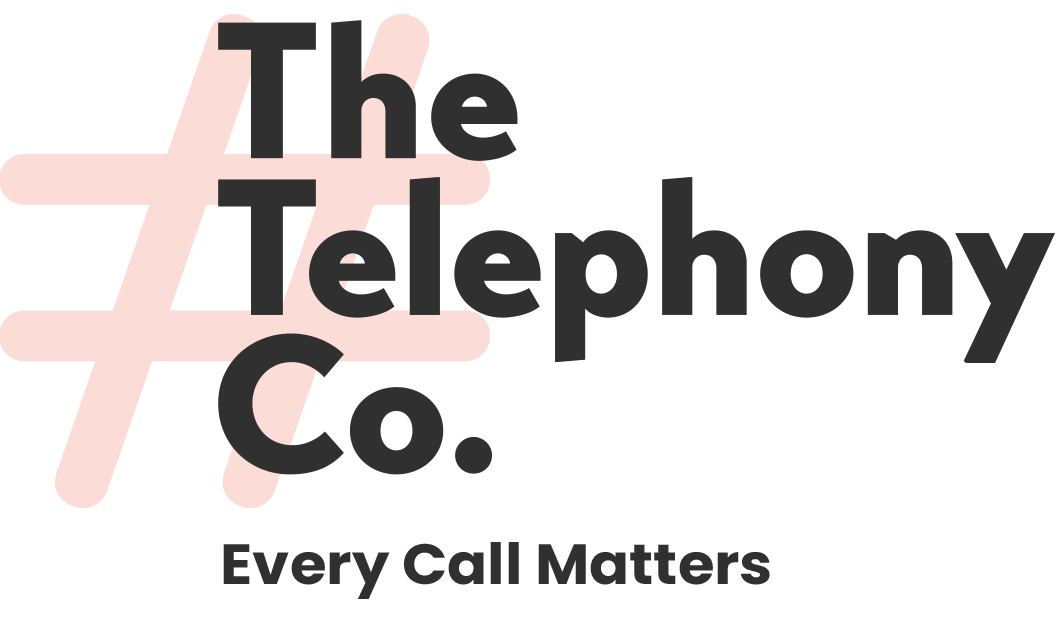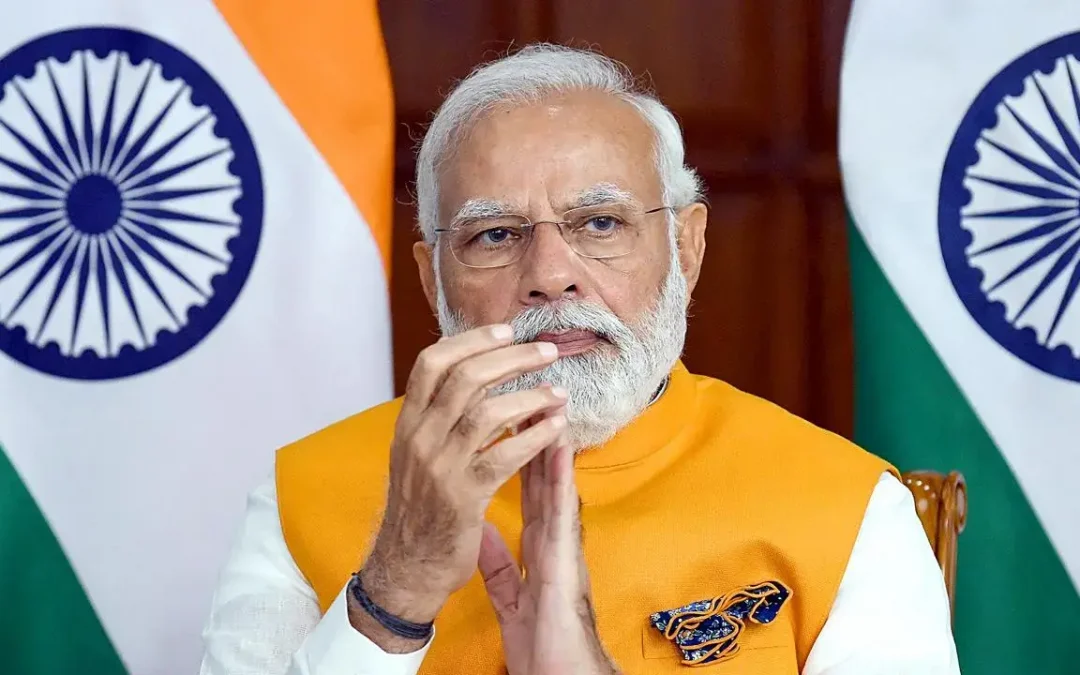Indian Prime Minister Narendra Modi has alerted the public about a new online scam called “digital arrest.”
Fraudsters are tricking people out of millions of rupees by contacting victims through video calls, pretending to be police or tax officials and accusing them of false charges. These scammers tell their victims to stay at home, claiming they are under “digital arrest,” and instruct them not to contact anyone.
Modi emphasized that “digital arrest” is not a real concept in Indian law and that no law enforcement agency would ask for personal information through phone or video calls. He stated, “The fraudsters impersonate police, Central Bureau of Investigation, narcotics, and sometimes central bank officials.”
The scammers often use a studio setup to make it look like they are in an official office and wear uniforms to appear credible, even showing fake ID cards. They commonly claim that the victim has sent a parcel with illegal items, like drugs, or that their phone is link to illegal activities. Reports of deepfake videos and fake arrest warrants have also surfaced.
There has been an increase in cases of these scams. For instance, in August, Bengaluru police arreste several individuals after a victim was allegedly scammed out of over 20 million rupees ($237,000; £183,000). The scammers falsely claimed that a parcel addressed to the victim contained drugs and threatened him with legal action unless he paid to resolve the issue.
Actor Maala Parvathi, known for her work in Malayalam films, also reported being targeted this month. She said the scammers showed her fake ID cards, posed as Mumbai police, accused her of smuggling drugs to Taiwan, and virtually arrested her for questioning. She realized it was a scam before any money was exchange.
In his warning, Modi advised people to follow three steps to protect themselves:
- Stay calm and don’t panic. If possible, record the call.
- Remember that no government agency will threaten you online.
- Take action by calling the national cyber helpline and informing the police about the crime.

